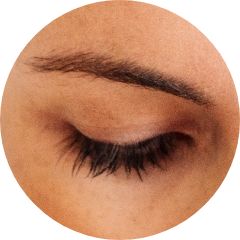What Is Sleep Dentistry?
You may be wondering just what is sleep dentistry? Sleep dentistry refers to any sort of dental care performed while a person is either partially or fully asleep. Administering Nitrous Oxide Gas, oral medications, intravenous medications, or some combination of these enables patients to sleep through dental treatments. Both Sedation and General Anesthesia can be used in sleep dentistry.
What is Sedation Dentistry?
Next we will explain what sedation dentistry is. Sedation involves the use of oral or intravenous medications to calm patients and put them in a drowsy, sleep-like state. Sedated patients still have their reflexes, and can be somewhat responsive to commands. Sedation is often used in the dentist’s office and can be used in combination with local anesthetics. A local anesthetic such as Novocaine can be injected at or near the site of the dental work to eliminate any feeling in that specific area.
What is General Anesthesia?
Before having sleep dentistry, you should understand what general anesthesisa is. General anesthesia refers to not only the elimination of feeling, but also the loss of consciousness. General anesthesia is achieved through the administration of drugs that produce a deep, unconscious sleep state. While under general anesthesia, a person is fully asleep and unresponsive to questions and commands. General anesthesia is used primarily in hospitals or surgery centers and is administered by Anesthesiologists or special trained Anesthetists under a doctor’s supervision. To assure the patient’s safety, the Anesthesiologist or Anesthetist monitors their health and breathing while they are under general anesthesia.
Sleep Dentistry can be used for patients with severe dental phobias or severe gag reflexes as well as for patients with medical conditions that make traditional dental care unsafe or uncomfortable. This includes patients who are developmentally disabled or who have special needs. It is also a good option for patients who are unable to get numb using local anesthetics or who are allergic to local anesthetics. Sleep dentistry also enables patients who require a large amount of dental work to receive several procedures in a single visit.
If you would like more information regarding sleep/sedation dentistry and how it may benefit you or a special care patient in your practice, please give David Kurtzman, DDS a call today. We look forward to hearing from you.



